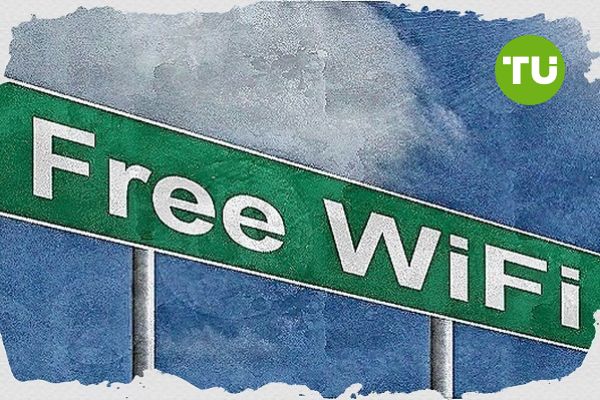Ross Ulbricht Biography, Career, Net Worth, and Key Insight



Ross Ulbricht’s Profile Summary
|
Company
|
Dark Web Marketplace |
|---|---|
|
Position
|
Founder of the Silk Road Dark Web Marketplace |
|
Source of wealth
|
Primarily from Silk Road operations, transaction fees on Silk Road. |
|
Also known as
|
Libertarian advocate, cryptocurrency enthusiast |
|
Age
|
41 |
|
Education
|
University of Texas at Dallas - Bachelor's in Physics, Pennsylvania State University - Master's (unfinished) in Materials Science and Engineering. |
|
Citizenship
|
United States |
|
Residence
|
United States |
|
Family
|
Parents and one sibling. |
|
Website, Social Media
|
https://www.fbi.gov/history/artifacts/ross-william-ulbrichts-laptop |
Ross Ulbricht’s biography
Ross William Ulbricht was born on March 27, 1984, in Austin, Texas. He grew up with a keen interest in physics and pursued this field academically, earning a bachelor’s degree in Physics from the University of Texas at Dallas. Later, he attended Pennsylvania State University to pursue a master’s degree in Materials Science and Engineering, focusing on renewable energy. However, after discovering libertarian philosophy, he became strongly interested in economic freedom and privacy, which influenced his decision to create the Silk Road marketplace in 2011. Silk Road operated on the Dark Web using Bitcoin to allow private transactions outside government oversight. His involvement in the Silk Road led to his arrest in 2013 and a highly publicized federal trial. Ulbricht was convicted on multiple counts, including money laundering, computer hacking, and conspiracy to traffic narcotics, and he received a life sentence without the possibility of parole. His case raised questions about internet freedom, privacy, and the boundaries of digital currency in law. Sources: Wikipedia, court records, trusted biography sites.-
How did Ross Ulbricht make money?
Ross Ulbricht makes money in the following areas:
Primarily from Silk Road operations, transaction fees on Silk Road.
-
What is Ross Ulbricht net worth?
As of 2025, there is no publicly available and reliable information regarding Ross Ulbricht’s net worth.
What is Ross Ulbricht also known as?
Ulbricht was recognized in libertarian circles as an advocate for free-market economics and privacy rights, which he believed were achievable through blockchain and cryptocurrency. His involvement in the cryptocurrency ecosystem, primarily through Bitcoin, marked him as an early proponent, especially for its use in anonymous online transactions.Prominent achievements of Ross Ulbricht
Founder of Silk Road, early adopter and proponent of Bitcoin, a pivotal figure in discussions around digital privacy and internet freedomWhat are Ross Ulbricht’s key insights?
Ulbricht believed in personal freedom and privacy, advocating for an unregulated marketplace where individuals could freely transact. His philosophy emphasized the use of cryptocurrency to maintain autonomy and circumvent government control, rooted in his libertarian beliefs
Ross Ulbricht’s personal life
Ulbricht's family includes his parents, Lyn and Kirk Ulbricht, who have actively advocated for his release, and his sister, Callie, who has also supported family efforts
Useful insights
Top 3 Financial Pyramid Schemes
As an expert at Traders Union, I can’t stress enough how critical it is to thoroughly research any financial opportunity before you invest. Taking a few extra steps in verifying the legitimacy of a platform or broker can save you from falling victim to scams.
-
Bernie Madoff
His $65 billion Ponzi scheme ran for decades, fooling banks, pension funds, and celebrities alike. He used new deposits to pay old investors, maintaining the illusion of steady returns.
-
Allen Stanford
Promised high yields through offshore “certificates of deposit,” but in reality, siphoned $7 billion from clients in what the SEC called a classic Ponzi structure.
-
Tom Petters
Forged documents to attract billions in fake consumer electronics deals. Investors believed they were financing orders for retailers like Costco and Best Buy.
One clear principle emerges from these cases: If returns are steady, unusually high, and come with little transparency—be extremely cautious. Real investments always include risk and regulatory oversight.
Other profiles in category
Popular Financial Guides
Latest Financial News

South Africa unveils digital visas to attract film and events

South Africa invests R710 million to expand free Internet access































































































































